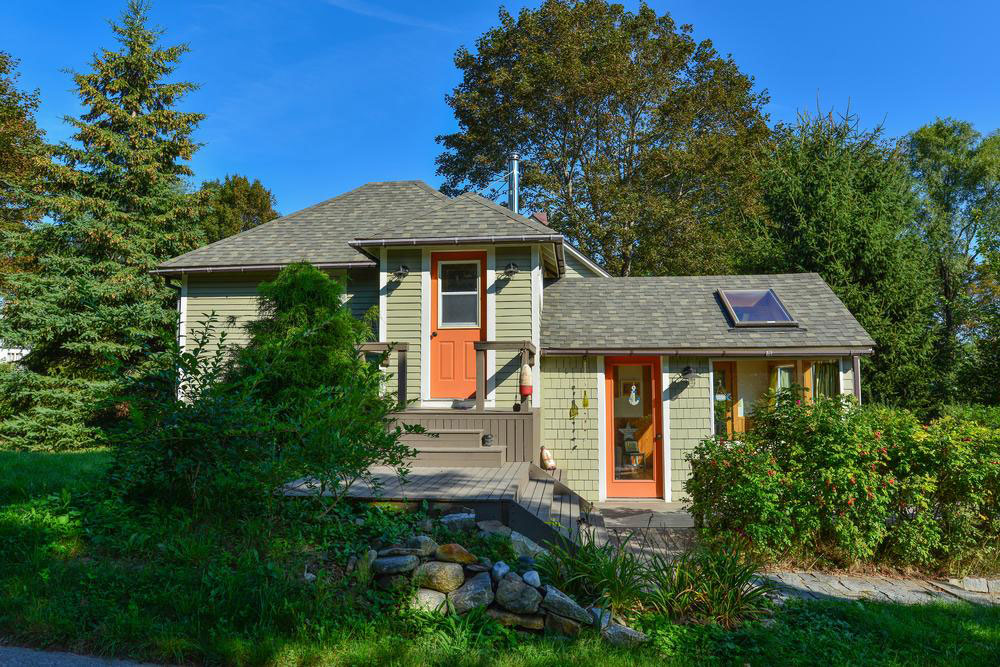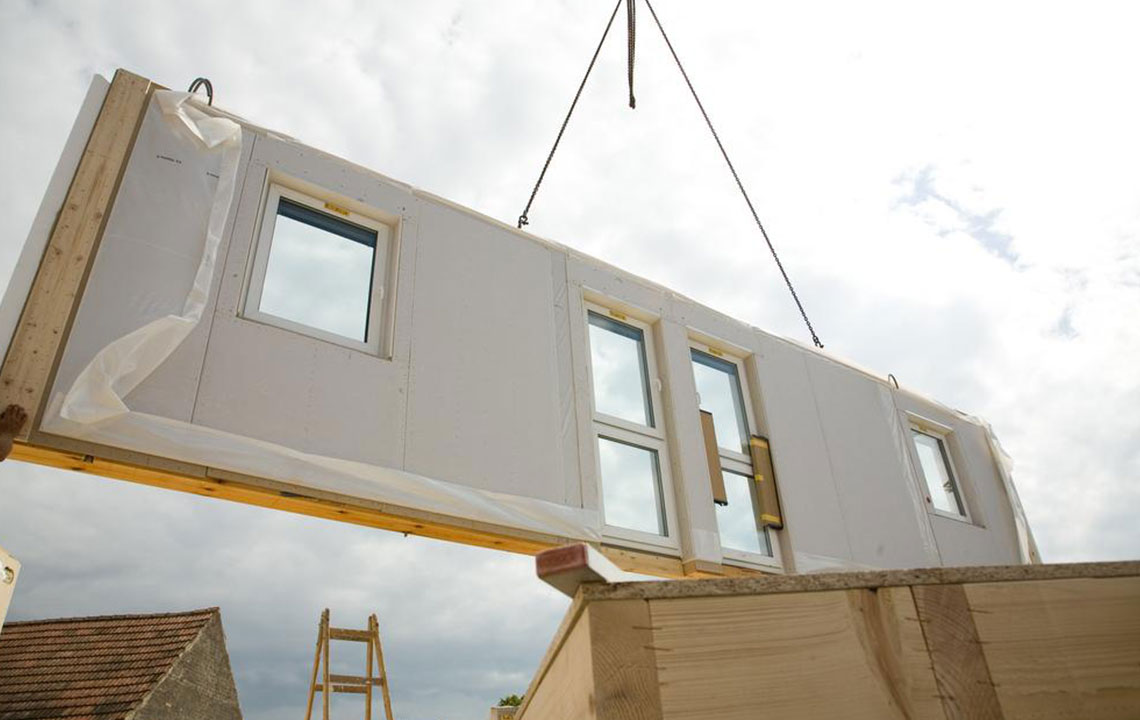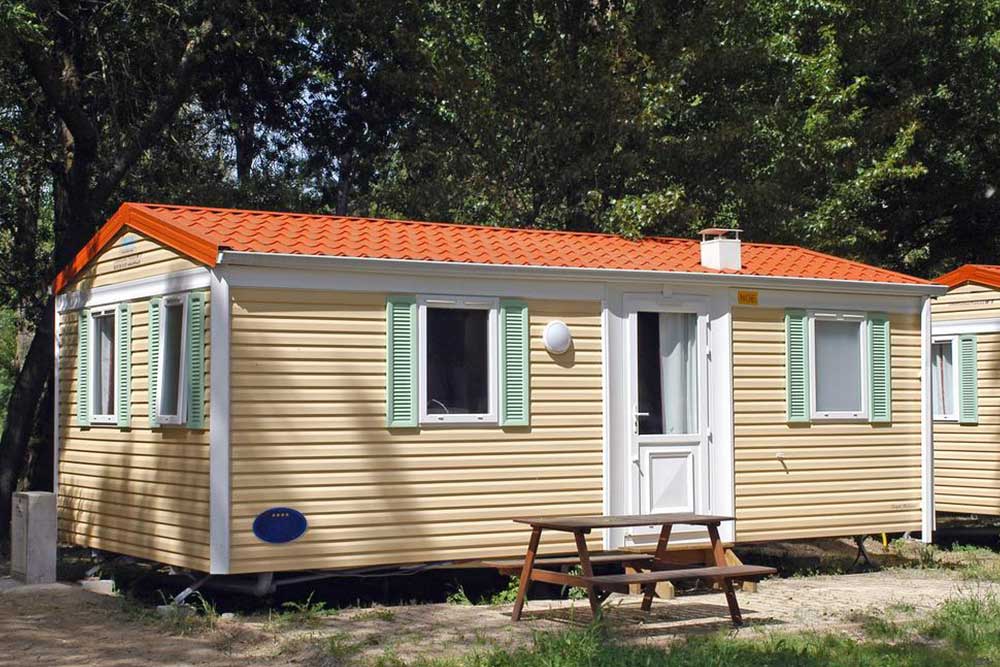Comprehensive Overview of Modular Construction Homes
Discover everything about modular homes, including types, financing options, advantages, and customization possibilities. This guide helps prospective homeowners understand the benefits of prefabricated modular construction, highlighting quality, cost savings, and design flexibility in modern housing solutions.

What Are Prefab Modular Homes?
Prefab modular homes are constructed in factory-controlled environments in separate sections or modules. Simultaneously, site preparations occur to ready the land. Once manufacturing is complete and the foundation is prepared, the modules are transported to the construction site. A contractor then assembles the modules onto the foundation, followed by inspections and necessary certifications to ensure the home is ready for occupancy. This overview covers key aspects for prospective buyers considering modular housing options and essential considerations for choosing the right design.
Varieties of Modular Homes
Modular residences are available in diverse architectural styles, often mirroring conventional homes. Common styles include ranch, Cape Cod, and multi-story colonial designs. Luxury builders now produce upscale, modern-style modular homes that are visually indistinguishable from traditional on-site constructions. Customization options are vast, allowing modifications like rearranging or removing non-structural walls, and adding features like garages, porches, or attics to personalize your living space according to your needs and budget.
Funding Your Modular Home
Financing options are similar to those for traditional homes, including mortgage loans. Typically, construction loans are obtained initially, with funds released incrementally as specific construction phases are completed. After the build is finalized and payments are made, the loan converts into a standard mortgage when you take ownership of the home. This process simplifies financing for modular homes, making it familiar and accessible for buyers.
Benefits of Choosing Modular Homes
The key advantage of modular homes is the high level of quality control during manufacturing. Each module is subjected to thorough inspections before delivery. Building indoors prevents weather-related delays, ensuring projects are completed on schedule. Moreover, modular homes are generally more budget-friendly, costing about 11% less than traditional site-built houses, mainly due to material efficiencies and streamlined construction methods.
Offering a combination of affordability, customizability, and quality, modular homes are an excellent choice for modern homeowners seeking practicality and style.
Disclaimer:
Our content aims to provide useful insights across various topics based on comprehensive research. However, readers should treat these articles as guides rather than definitive sources. The website does not guarantee the accuracy or completeness of the information and disclaims responsibility for discrepancies across platforms. Not all schemes or offers may be included, encouraging readers to explore additional options independently.


